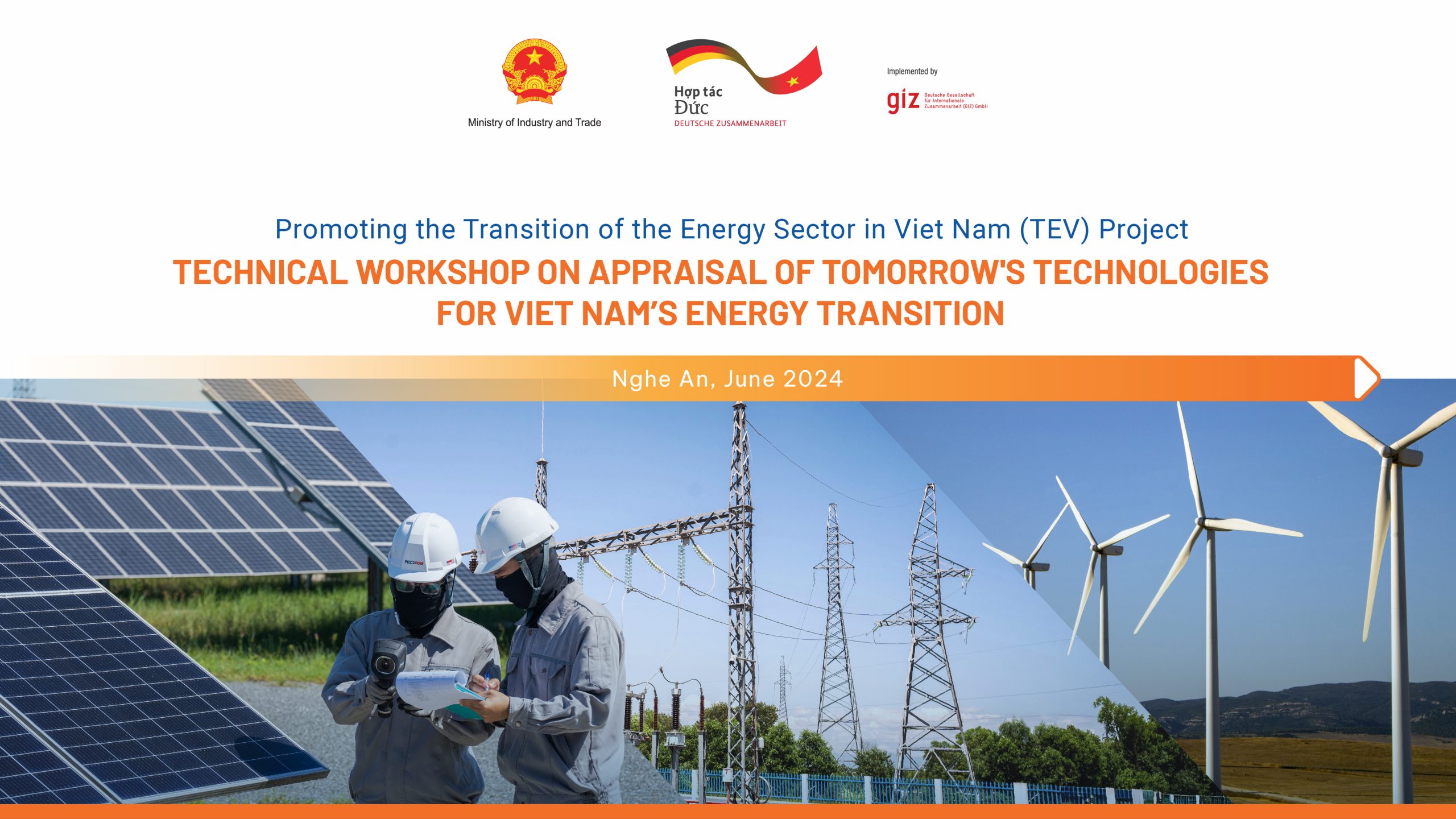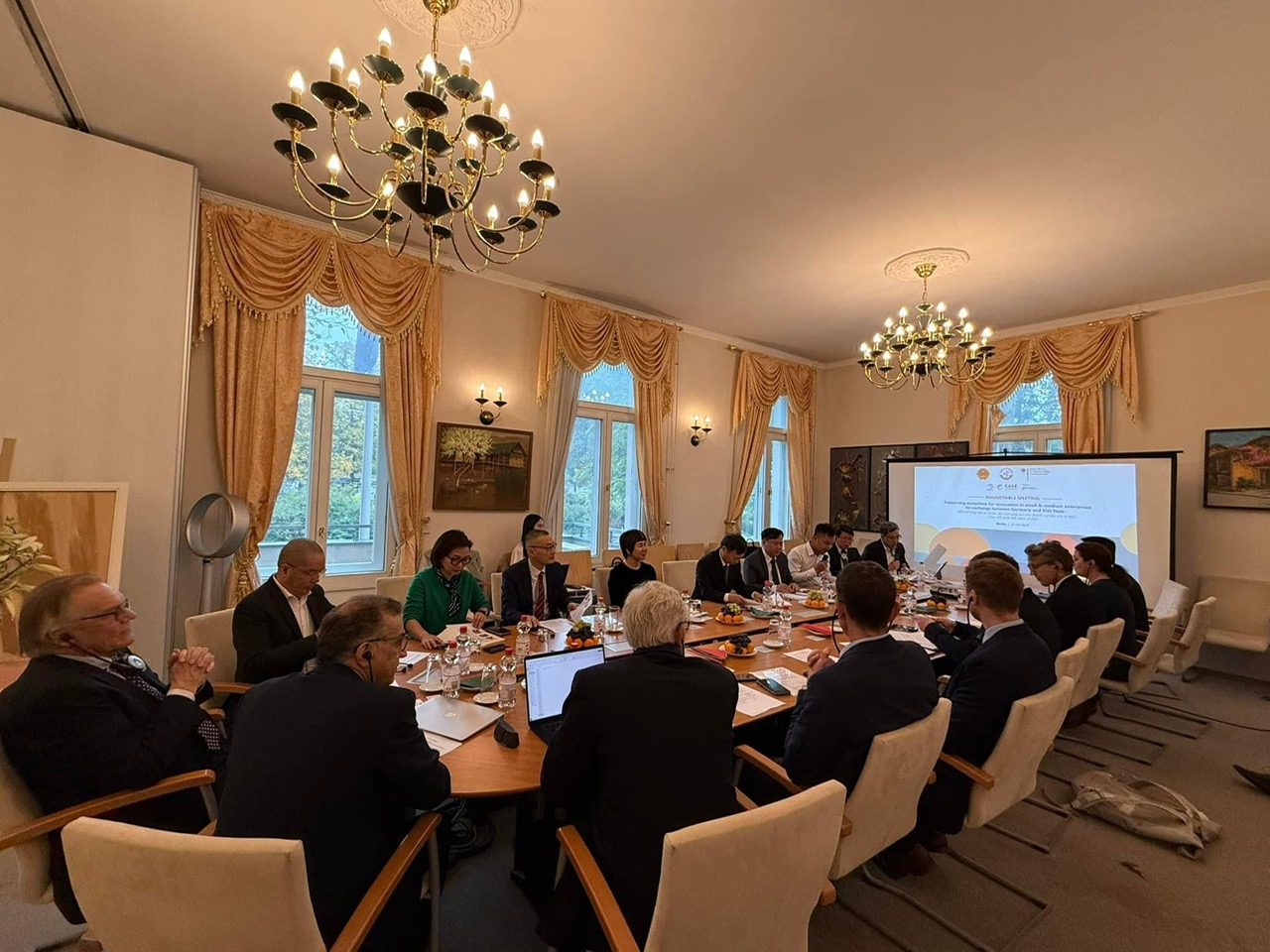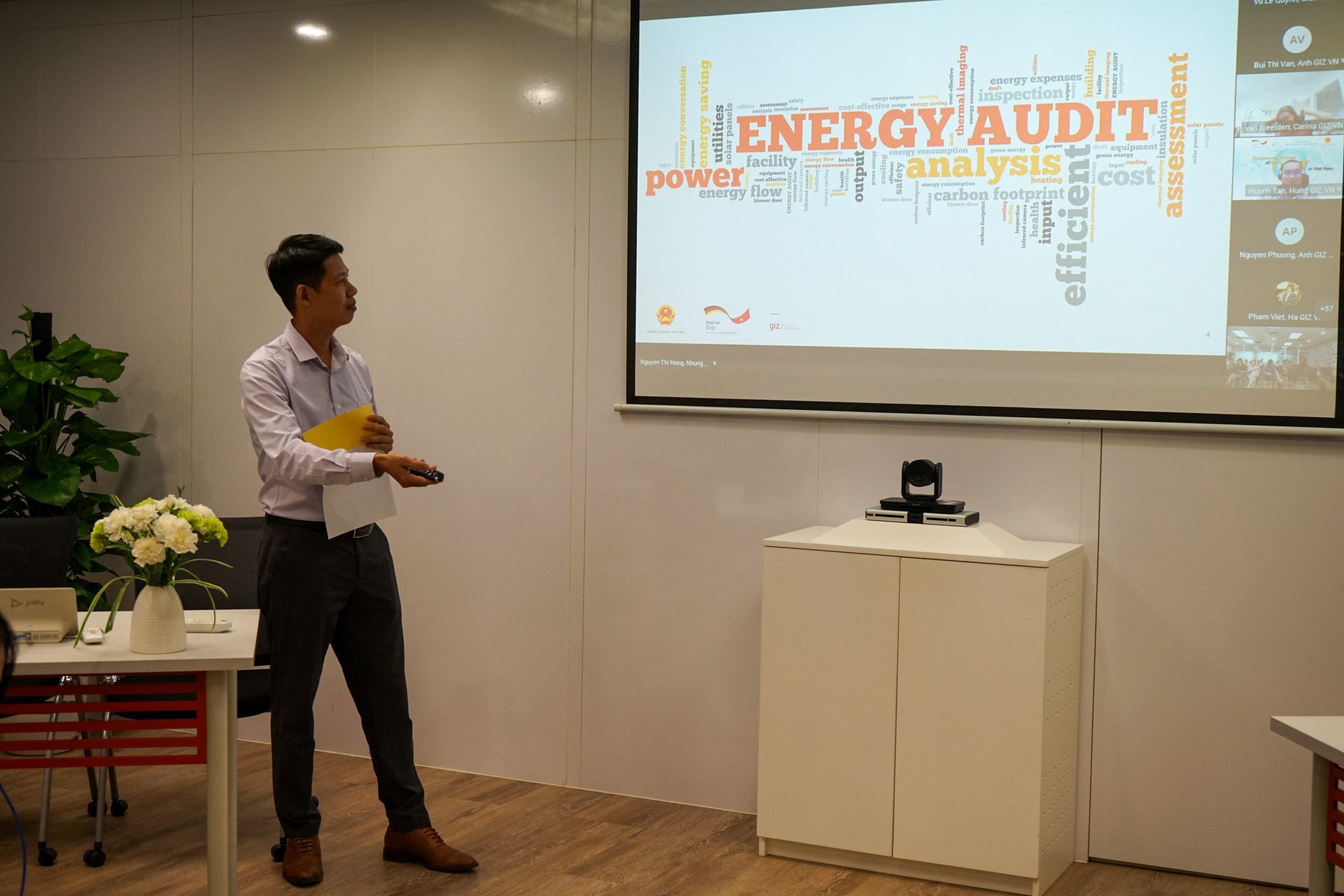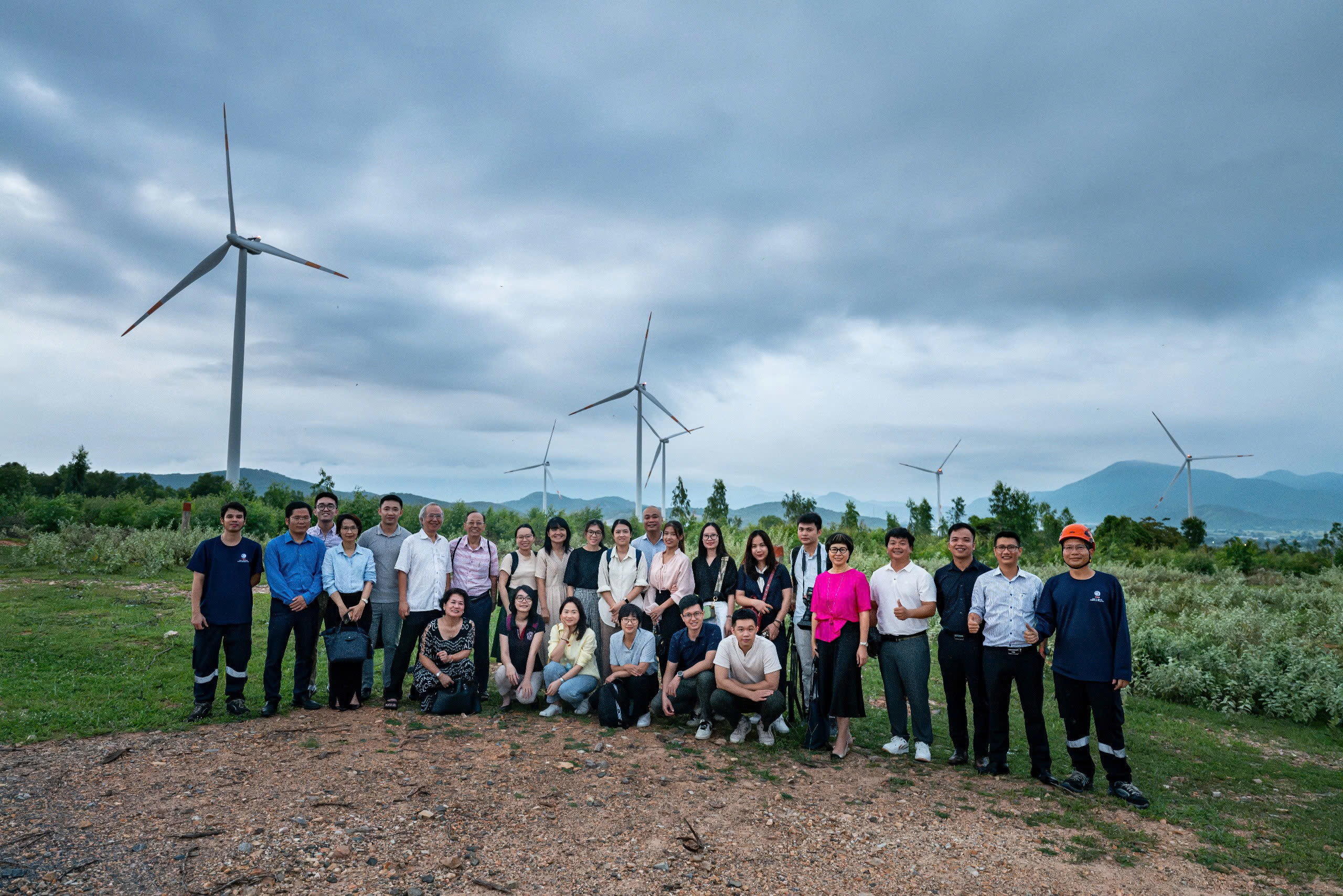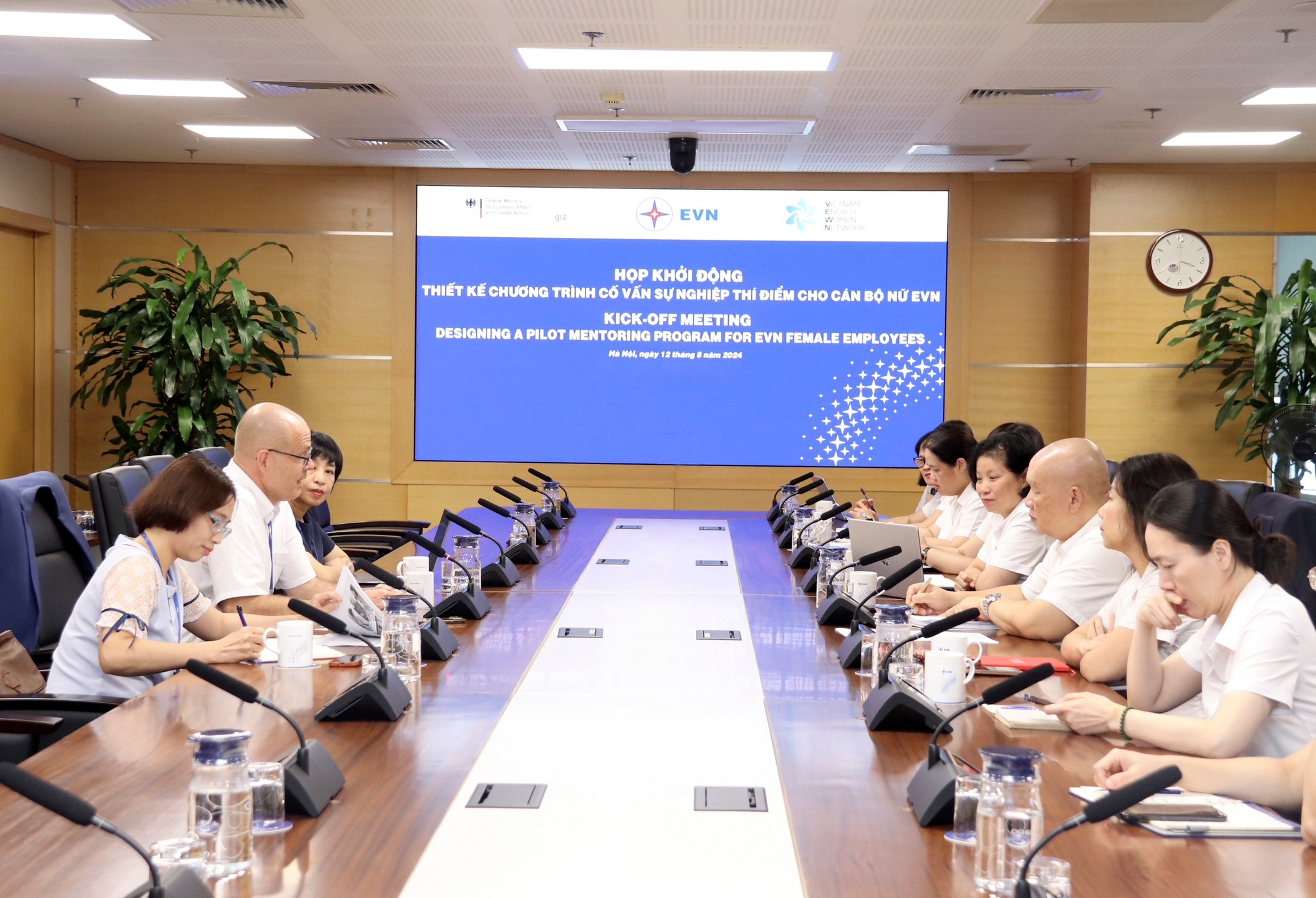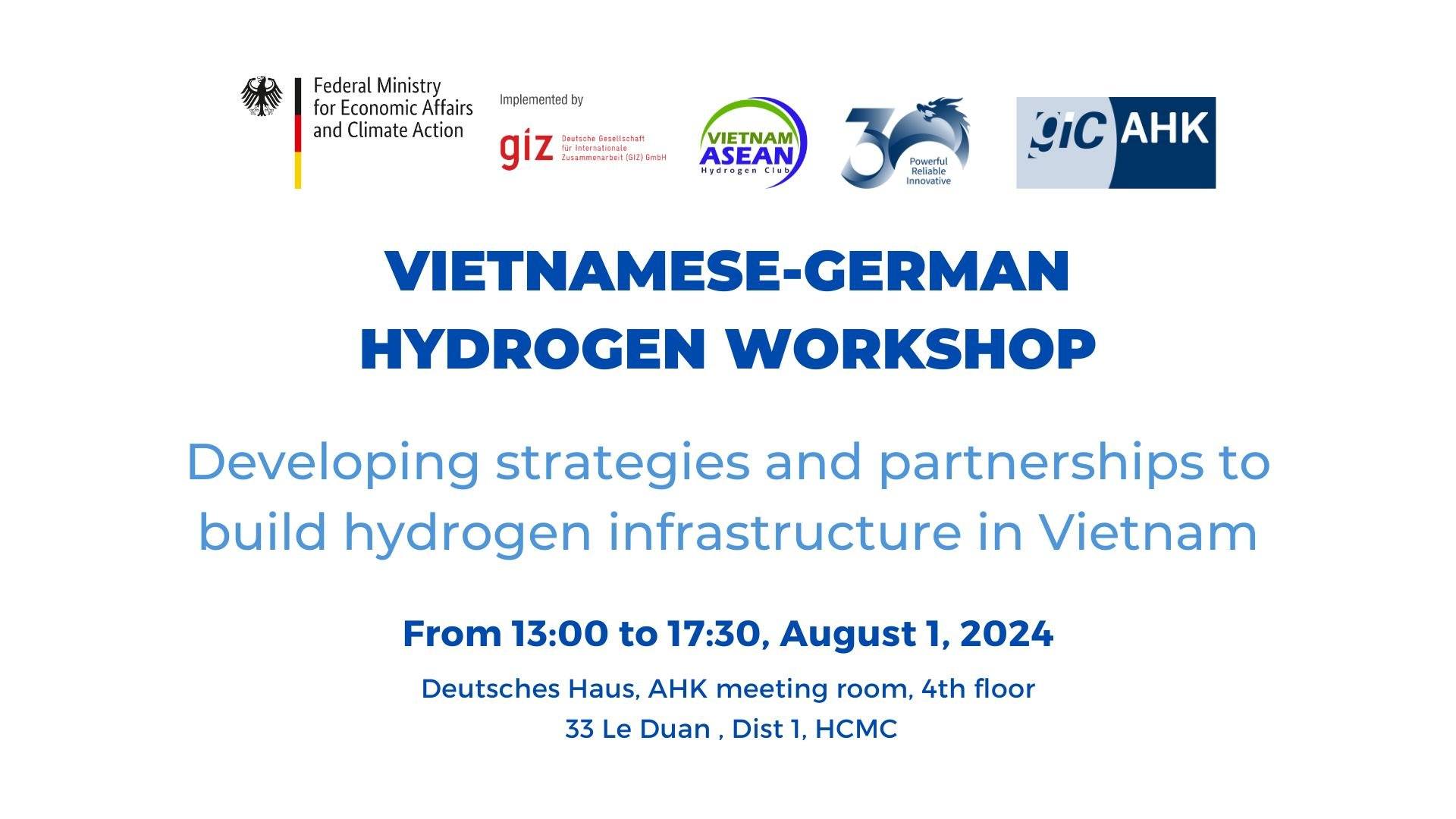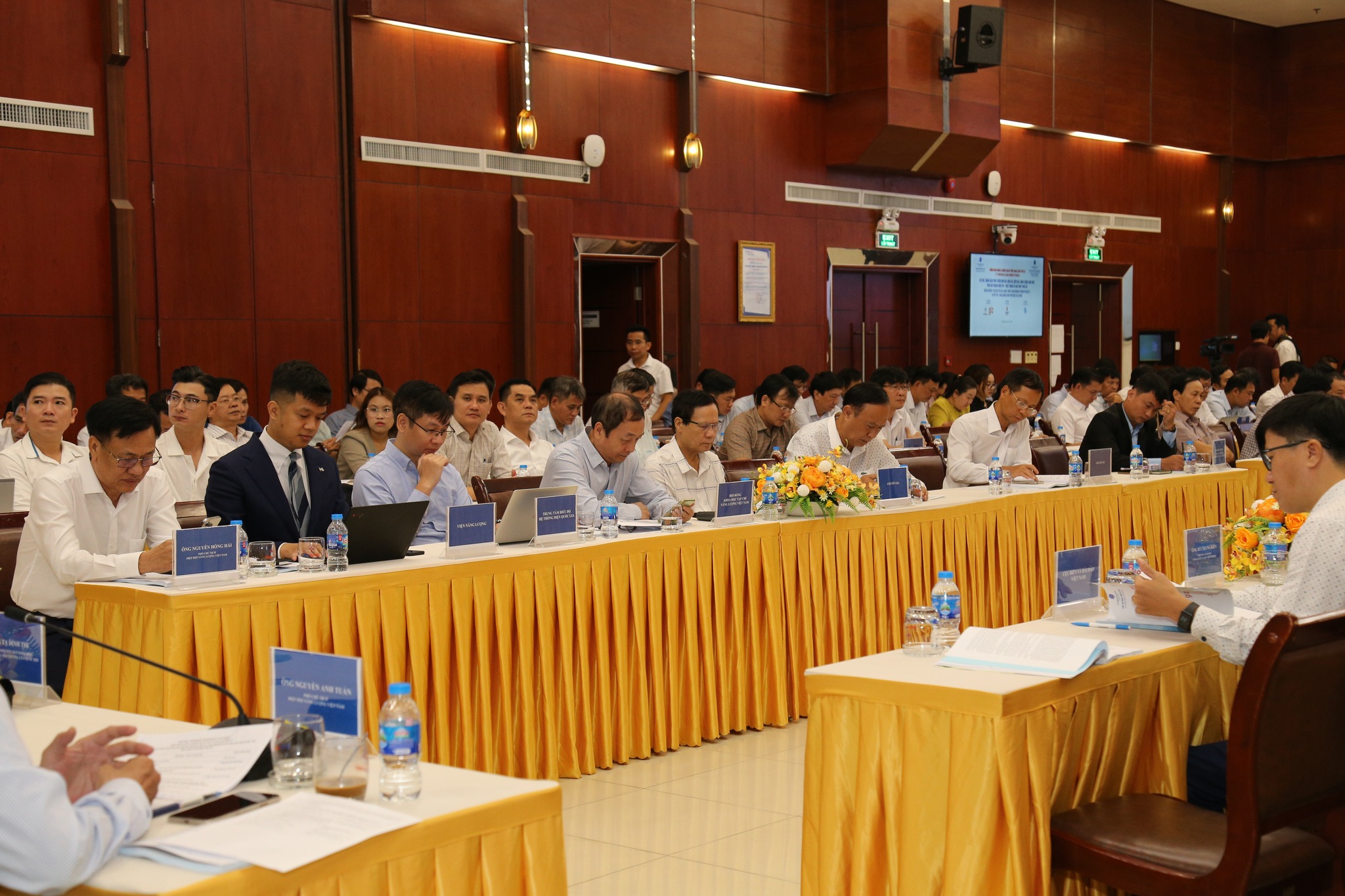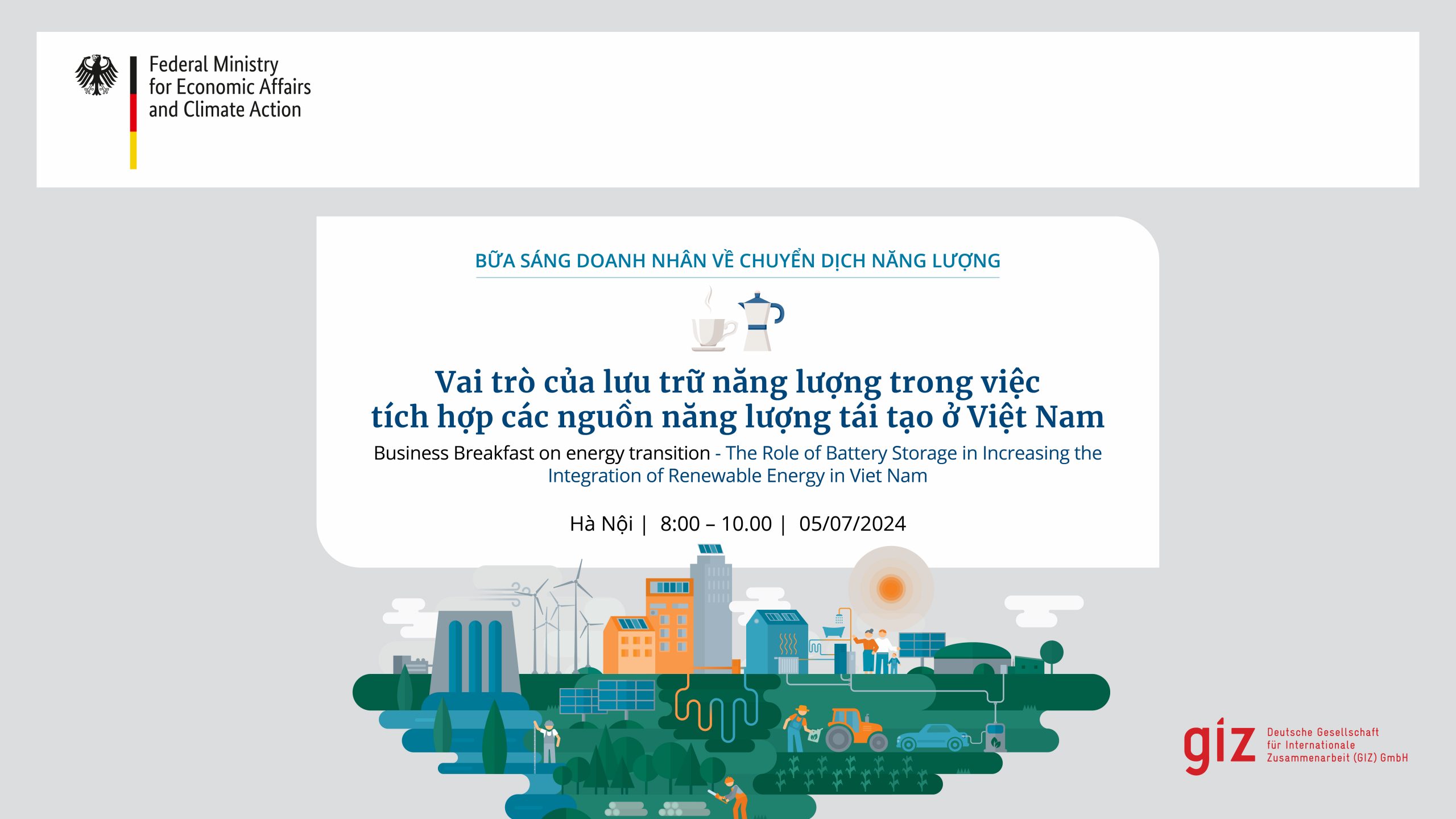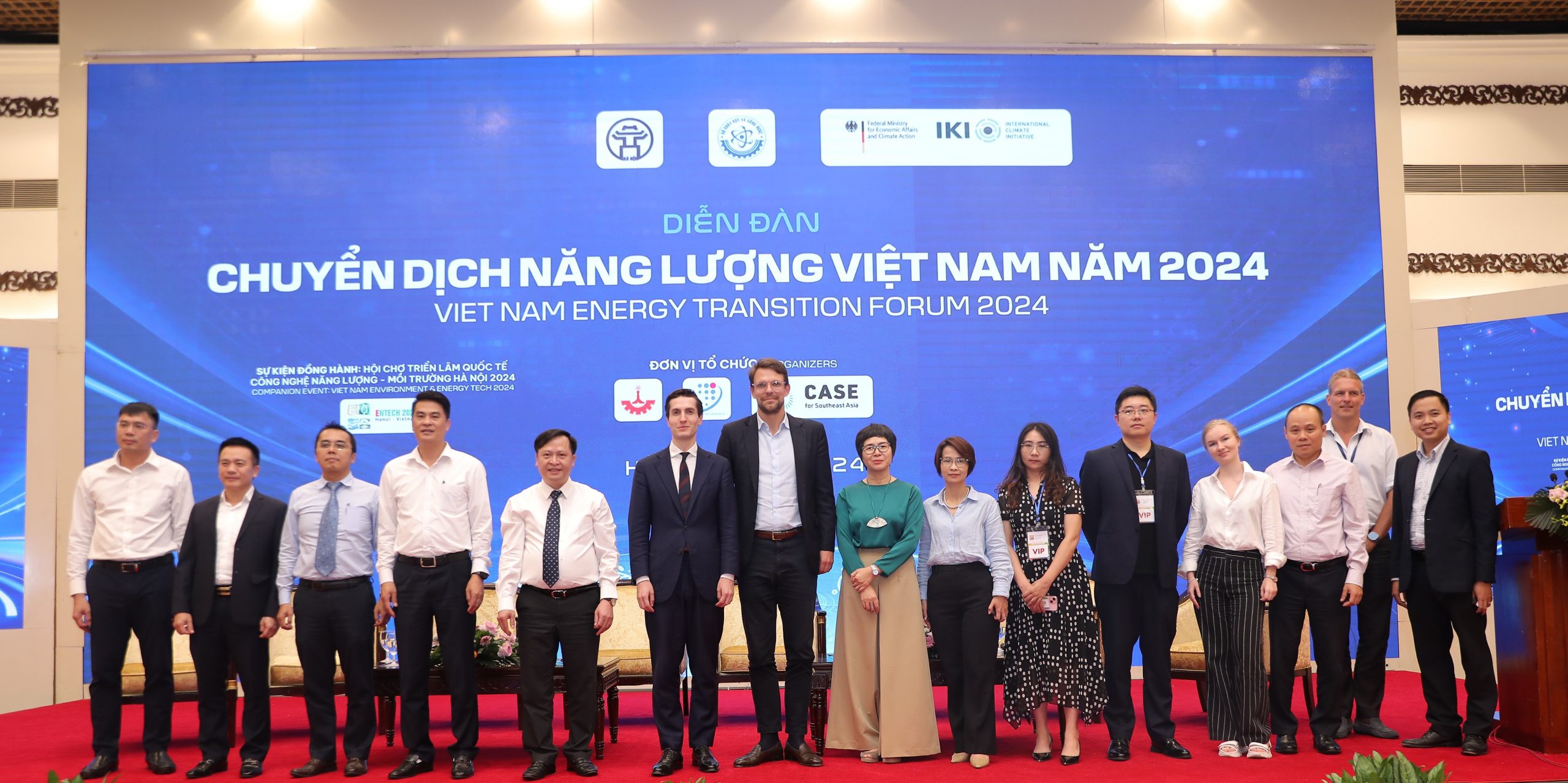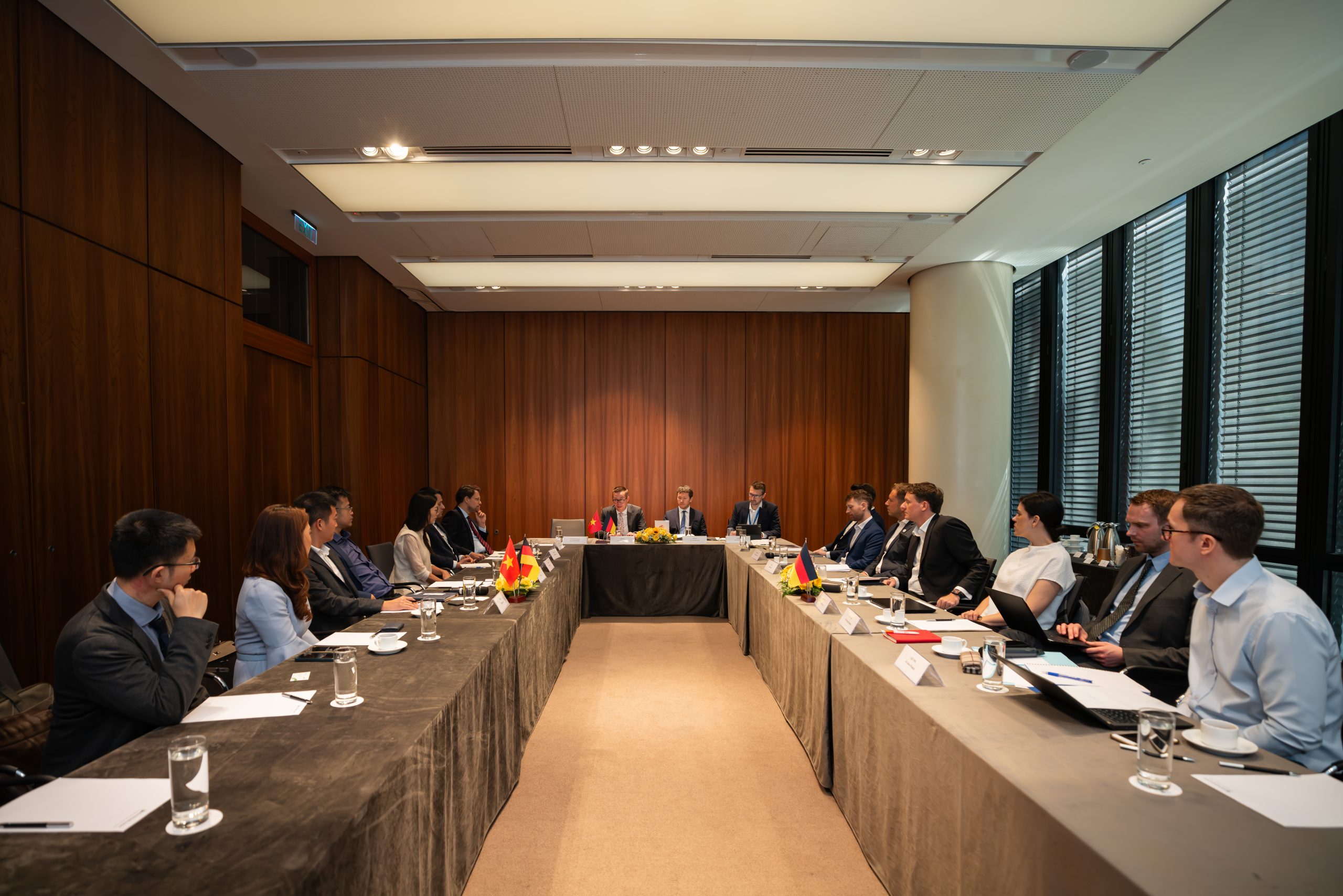On June 28, 2024, within the framework of the project Promoting the Transition of the Energy Sector in Viet Nam (TEV), GIZ Energy Support Programme – Viet Nam and Electricity Regulatory Authority of Viet Nam (ERAV) organised a technical workshop on appraisal of tomorrow’s technologies for Viet Nam’s energy transition, focusing on solutions for improving the flexibility of the power system.
Here are 3 highlights:
Appraisal of tomorrow’s technologies for Viet Nam’s energy transition:
At the workshop, the two sides discussed and preliminarily evaluated the appropriateness of advanced technology solutions for improving the flexibility of the power system, aiming to integrate more renewable energy and achieve Net Zero by 2050.
The presented technology solutions include:
- High Voltage Direct Current (HVDC)
- Dynamic Thermal Line Rating (DTLR)
- Flexible Alternating Current Transmission System (FACTs) devices: i.e.,
- Static synchronous compensator (STATCOM)
- Grid-forming technologies for Inverter-based renewable energy and BESS
- Conversion of old power plants into synchronous condensers
- On-load tap changer transformers for distribution networks
- Distributed Energy Resource Management System (DERM)
- DSM/DR solutions
Nguyen The Huu, ERAV Deputy Director General, highly appreciates GIZ’s proposal of technology solutions for improving the flexibility of the power system, aiming to integrate more renewable energy. He hopes GIZ will conduct in-depth studies on the feasibility of these technologies for Viet Nam’s power system in the near future.
International Knowledge Exchange on promoting the transition:
The two sides discussed the needs assessment from Viet Nam side for the secondment of experts from German power utilities, to enhance knowledge exchange and improve regulatory and technological requirements.
Empirical research on distribution grids at power companies:
ERAV and TEV members had a site visit to Nghe An Power Company, where participants discussed and shared experiences on operating the distribution grid amidst the rise of rooftop solar power sources and increasing electricity demand. This visit provided a valuable platform to address challenges and explore opportunities for enhancing grid operations.



